Home > Climate News >
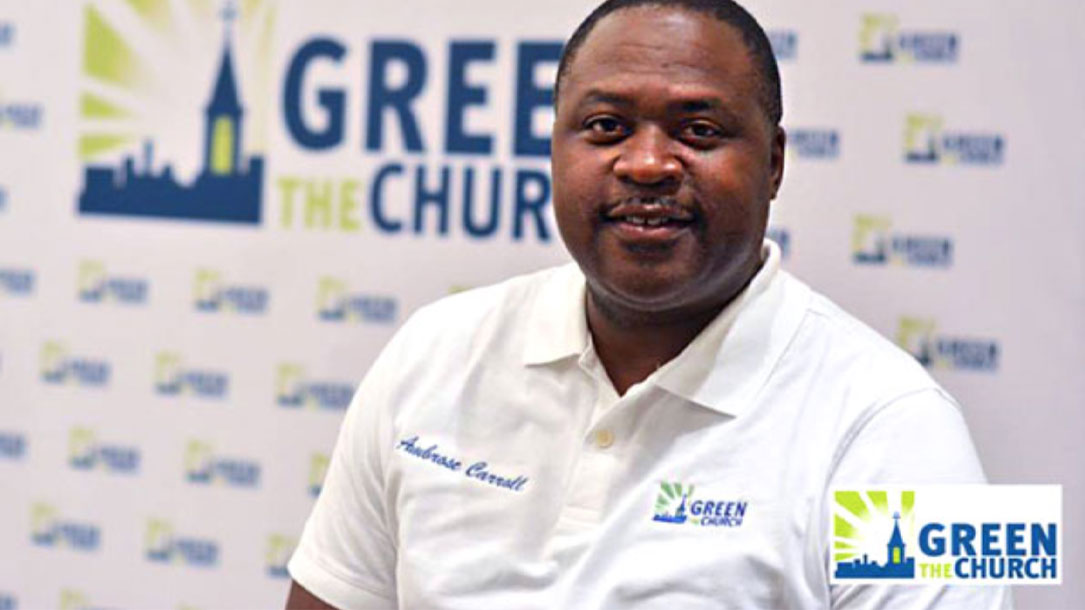
Pastor mobilizes black churches to act on climate
Reverend Doctor Ambrose F. Carroll says that African American churches are not often associated with environmentalism. But he wants to change that.
So, he founded Green the Church, a campaign to motivate environmental action at black churches. At Green the Church trainings, workshops, and conventions, faith leaders teach pastors and other church representatives the religious importance of protecting the earth. And, they provide strategies for engaging churches in renewable energy, food security, and environmental justice.
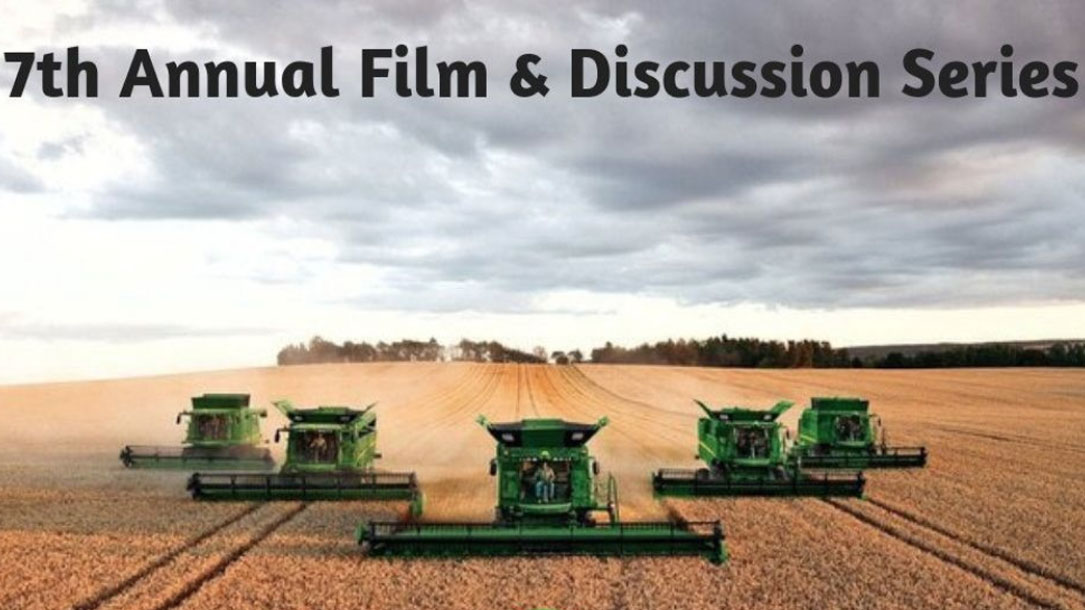
Film Series Featuring Climate Change: Woodstock Land Conservancy partners with community organizations
Inspired by Project Drawdown, which offers 100 practical solutions to reverse global warming, this year’s program focus is on the lifecycle of food and its components which rank high in their contribution to producing greenhouse gases. Woodstock Land Conservancy and others are providing a forum for people to address their impact.
Check out their film series in partnership with the Woodstock NY Transition, Woodstock Jewish Congregation, and Saint Gregory’s Episcopal Church for a monthly evening film, presentation, and discussion on four successive topics including regenerative agriculture, plant-rich diet, food waste, and composting.
They welcome a lively discussion about working together locally to make choices that lessen our impacts.
Presented the last Monday of the month from January through April, the Film & Discussion Series is free and open to all ages. Donations are welcome and help to support future programs.
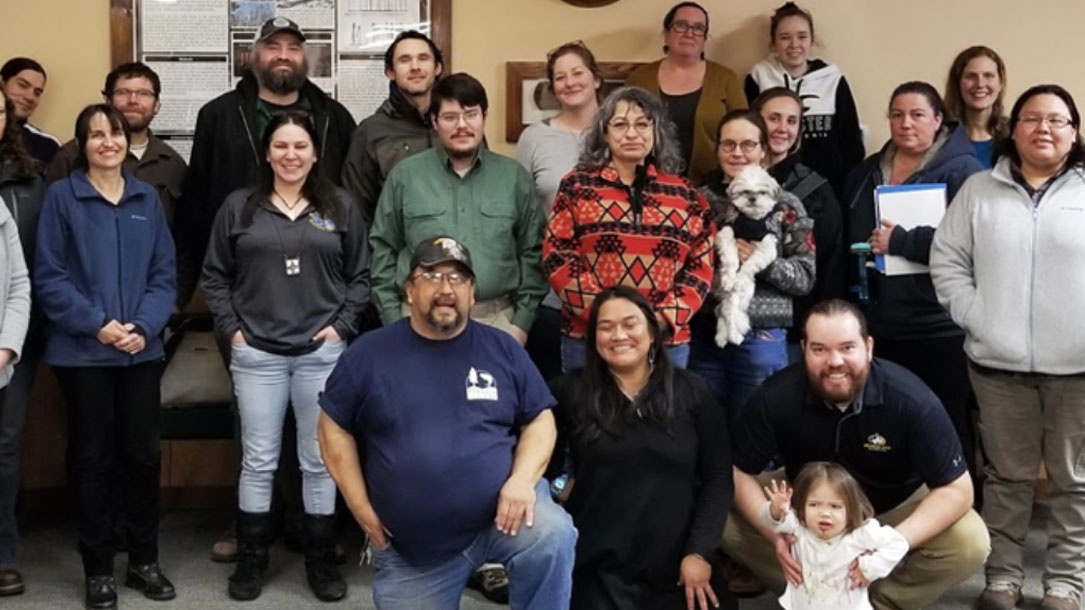
The Northern Institute of Applied Climate Science (NIACS) develops synthesis products, fosters communication, and pursues science in climate change and carbon cycling and management
“The Northern Institute of Applied Climate Science (NIACS) has been designed as a collaborative effort among the Forest Service, universities, conservation organizations, and forest industry to provide information on managing forests for climate change adaptation and enhanced carbon sequestration. As a regional, multi-institutional entity, NIACS builds partnerships, facilitates research, and synthesizes information to bridge the gap between carbon and climate science research and the information and management needs of natural resource professionals, woodland owners, policymakers, and members of the public.
The mission of NIACS is to provide applied ecological, economic, social, and cultural information that can be used in climate adaptation and forest carbon management…”
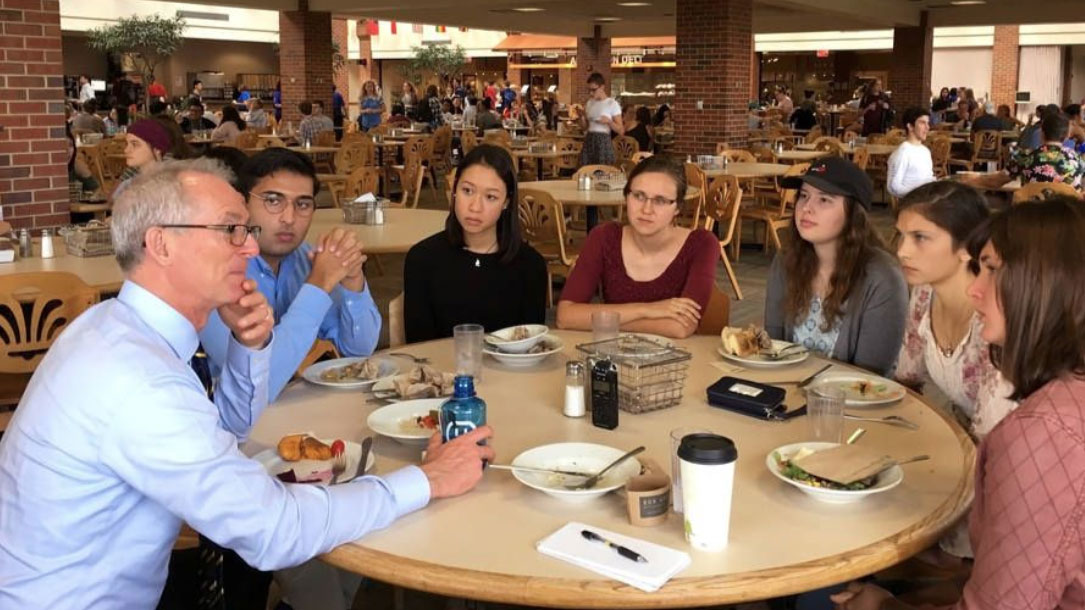
Generation climate: Can young Evangelicals change the climate debate?
Evangelical Protestants—one in four American adults—are a political powerhouse. They are the single largest religious group in the nation, and they are nearly twice as likely to be Republican as Democrat. And while Baby Boomers are currently the strongest political voting bloc, that’s only because the older you are, the more likely you are to vote.
From Colorado Springs, Colorado, Chelsey, 20, always loved nature…
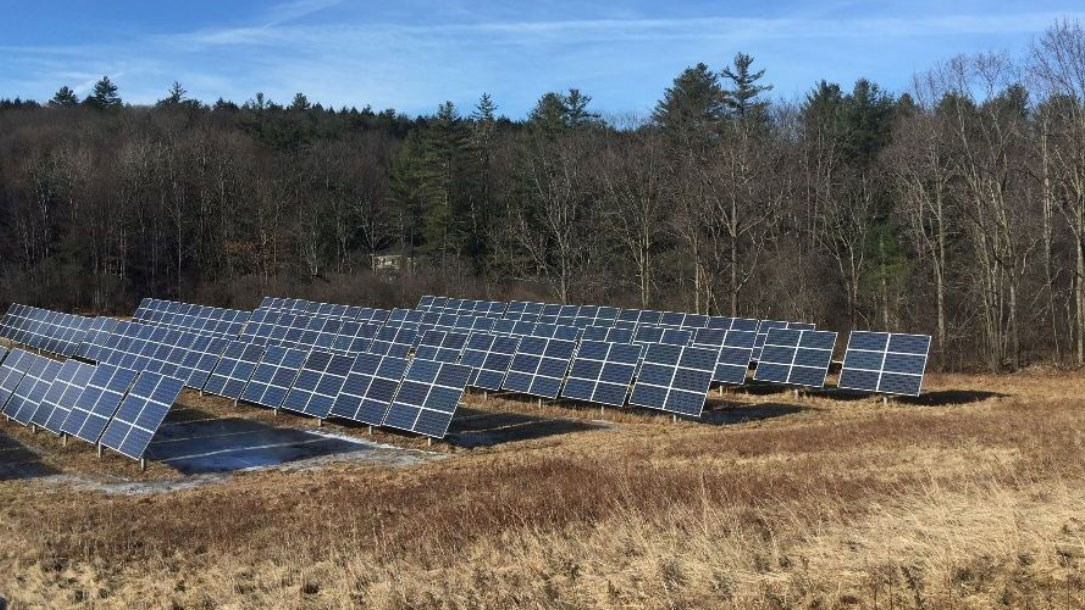
The next money crop for farmers: Solar panels
“There’s enough energy produced to run the whole complex,” said DeBaillie, 50, who farms 6,500 acres with his brother and cousin. They typically grow corn and soybeans each spring, but this year they want to put more solar panels on 15 acres—and sell the energy.
The earnings, he said, would be about three times what an average harvest would yield there.
According to the federal government’s Fourth National Climate Assessment, released in November, more extreme high temperatures plus increased humidity and precipitation could mean more pests and pathogens on farms throughout the Midwest in the coming decades. Productivity could drop to levels not seen since the 1980s, the report warned…
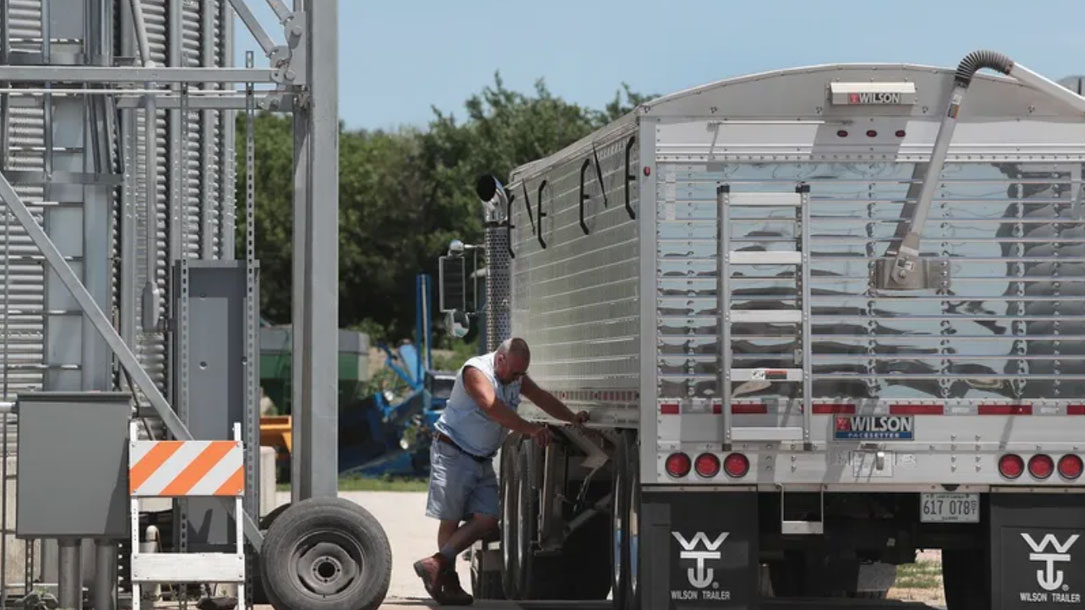
CDC: Farmers are committing suicide at 5 times the rate of the rest of the population
“Farmers in the US are facing a myriad of challenges these days, and The Centers for Disease Control and Prevention recently released a report showing that such stress is taking a deadly toll.
While the suicide rates of Americans in all demographics have been on the rise over the last 30 years, farmers have the highest rate of suicide than any other occupation — five times that of the rest of the US population…”

A local land trust incorporates climate change into its community event.
The Mohawk Hudson Land Conservancy, located in rural, upstate New York, is featuring a panel of speakers to focus on climate change at the Conservancy’s Annual Awards Dinner. This afternoon program will combine cocktails and awards with dessert—and a panel discussion at the end.
Mark King, Executive Director, notes that, “Our board and staff, as well as many in our community, want us to be stepping up our work on climate change. We are doing just that. This is a great way to let folks know—and inspire them at the same time.”
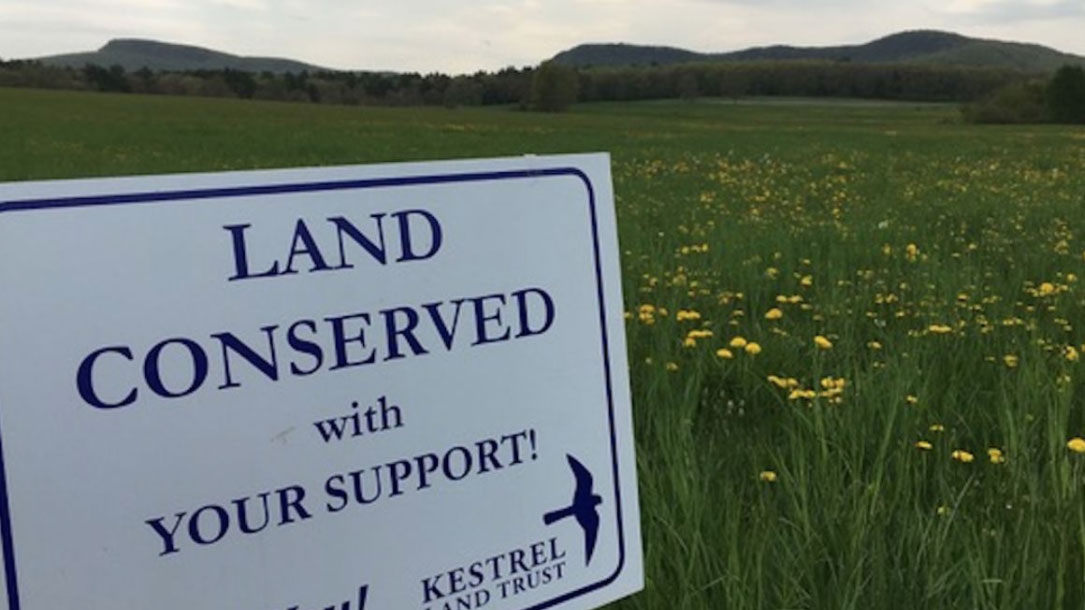
Becoming part of your community of change: Land trusts are joining coalitions and policy work to help slow climate change
Kestrel Land Trust recently decided to support the Citizen’s Climate Lobby as part of a coalition to support the Energy Innovation and Carbon Dividend Act.
“We recognize that climate change is a threat to all we conserve and hold dear,” explained Kristin DeBoer, E.D. of Kestral Land Trust. “We periodically advocate for conservation funding and policies to promote conservation—this is in the same category for us. The Land Trust Alliance has done a great job at clarifying that lobbying, and joining coalitions, can be part of our conservation work.”
Scott Jackson, Associate Professor in the Department of Environmental Conservation at the University of Massachusetts and Kestrel’s Board Chair, notes, “We recognize that climate change is a threat to the ecological and agricultural integrity of the land that we are conserving in the Pioneer Valley of western Massachusetts.”
Jackson goes on to say that, “In addition to positioning land conservation as a natural solution to climate change, our land trust is looking for other ways to take action. Being a part of the climate change advocacy community is similar to the need to advocate for conservation funding to acquire land. This is just as important.”

Does talking to people about climate change make any difference?
Let’s say I was able to visit one high school per week for the next year and give a talk about what young people can do to fight climate change. Say I also try to reach adults by giving presentations at local community centers, churches, and international centers.
Would any of these efforts, if I undertook them over the next three or five years, make ANY difference in curbing the current rise in carbon dioxide emissions, reducing the number of species going extinct every day (which I’ve read is 200), and decreasing the amount of Arctic sea ice melt?
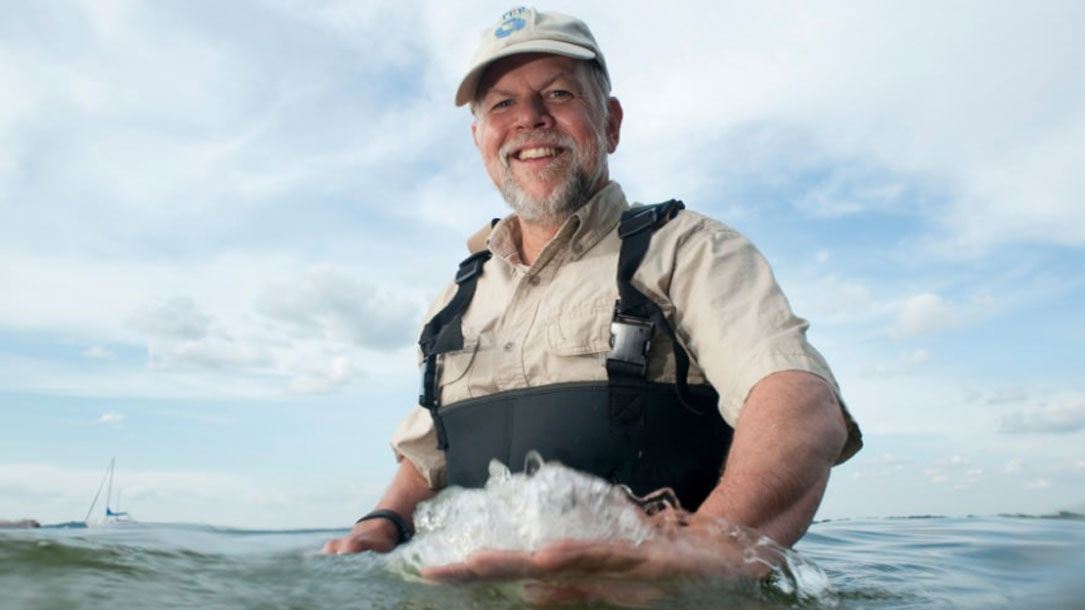
All hands on deck to understand, predict, prevent abrupt ecological change
“In 2011, Lake Erie turned into a toxic pea soup. One-sixth of the lake harbored a thick and deadly algal bloom that killed fish, closed beaches and struck a blow to Toledo, Ohio’s tourism industry. The bloom was three times larger than any algal bloom ever recorded there.
Then, in 2014, toxic algae suddenly contaminated Toledo’s water supply, preventing half a million people from consuming, cooking or bathing with their tap water…”












